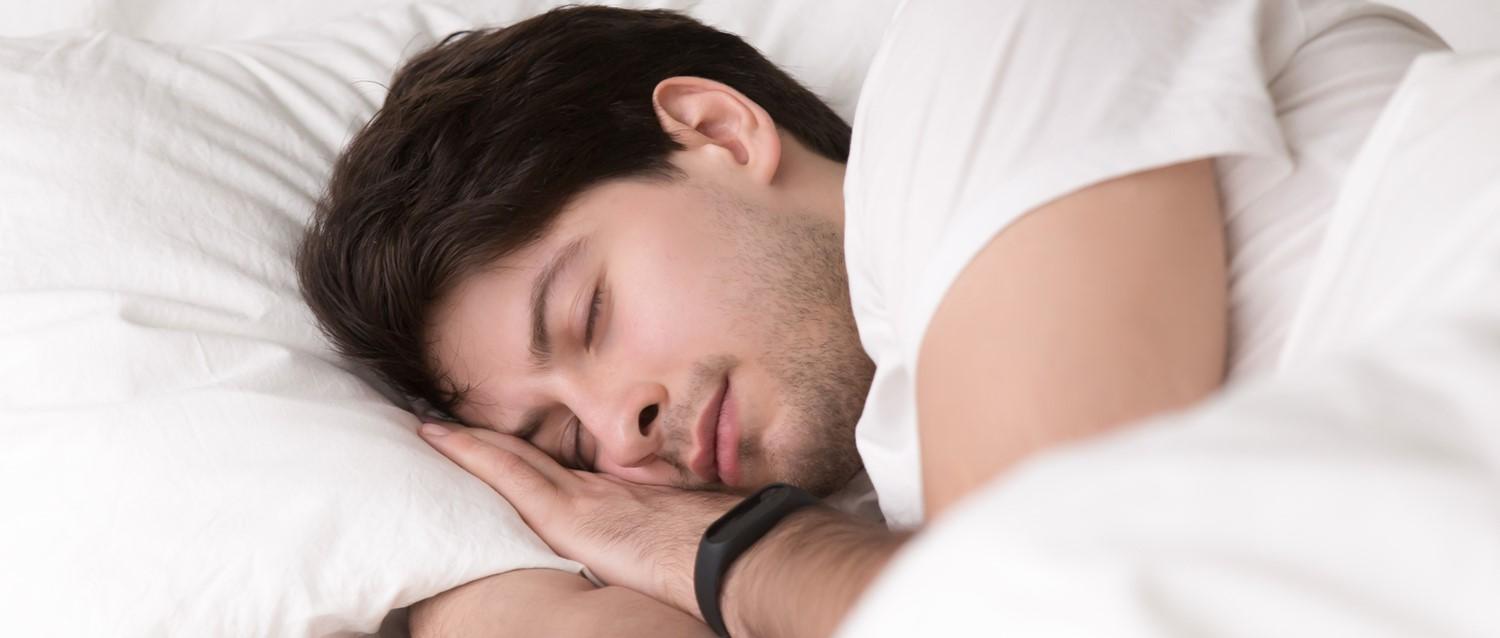
Can the clocks changing affect insomnia?
Peer reviewed by Dr Sarah Jarvis MBE, FRCGPAuthored by Danny ChadburnOriginally published 27 Sept 2017
- HerunterladenHerunterladen
- Teilen Sie
Teilen Sie
Insomnia means you suffer from sleep problems such as difficulty falling asleep, staying asleep, waking up too early or not getting enough refreshing sleep, and it affects one in five of us in the UK.
In diesem Artikel:
It can be triggered by a number of different issues including stress, illness, snoring or sleep apnoea, short-term problems like a strange bed, or jet lag. Sleep experts believe that the clocks going forwards or backwards can cause insomnia too.
Lesen Sie unten weiter
How does one hour make a difference?
‘Sleep is affected by anything that alters your body clock, so losing or gaining an hour can be enough to disrupt the sleep-wake cycle,’ says Dr Guy Meadows, founder of The Sleep School.
Luckily, most of us will be able to cope with this shift. Dr Neil Stanley from The Sleep Consultancy says ‘From a physiological point of view, it only takes about a day to a day and a half to get over each hour that changes.’ But problems start when we begin to worry that we can’t cope.
‘You might start to feel anxious about falling asleep, which inadvertently keeps you awake. Unfortunately, the more you fear the impact that a lack of sleep could have on your life, the more you try to control it and the more conditioned you become to feeling awake whenever you try to sleep,’ says Dr Meadows.
Any temporary sleeplessness caused by the clocks changing could then develop into chronic insomnia, lasting months or even years.
Patientenauswahl für Schlaflosigkeit

Psychische Gesundheit
What are sleep trackers and do they work?
Sleep trackers have experienced a surge in popularity over recent years. As a nation, we seem to be extremely curious about what's happening with our bodies while we sleep. But, before you start spending money on sleep tracking devices or downloading apps, it may be helpful to understand a bit more about how and whether they work.
von Emily Jane Bashforth

Psychische Gesundheit
Sleepwalking
Sleepwalking usually occurs during a period of deep sleep and often occurs in the first few hours after falling asleep. Sleepwalking is more common in children than in adults. There is no specific treatment for sleepwalking. However, there is a lot of advice, such as regular bedtimes, that can help to reduce sleepwalking. The most important action is to make simple adjustments in the home to avoid accidents when sleepwalking. Most children will grow out of sleepwalking before becoming teenagers.
von Dr. Colin Tidy, MRCGP
What can I do to look after myself?
First, try to keep the hour’s time difference in perspective. ‘It’s the same as travelling from London to Paris, and plenty of people do that without worrying or experiencing any side effects,’ says Dr Stanley.
You can also prepare your body in advance for the clocks changing. Dr Meadows says, ‘Four days before the clocks change, set your alarm forward or backwards by 15 minutes sequentially every day. When the clocks do change, there will be no actual change to your lifestyle.’
There is evidence to show that our circadian rhythm - or body clock - is actually 24 hours and 11 minutes long, but we only have 24 hours in a day. However, this shows that our bodies are able to cope with an 'artificial' shortening of time, so putting your clocks backwards or forwards by just 15 minutes a day should not have an adverse affect on your internal body clock.
Avoid having a lie-in to make up for the lost hour in spring, or napping during the day. This can have a knock-on effect on your sleep-wake cycle, making it even harder to fall asleep at night or wake up in the mornings feeling refreshed.
You can prepare your bedroom for the changing seasons too. ‘In the spring and summer, unless you have blackout curtains, the sun streaming through the windows will wake up you early,’ says Dr Stanley. Blackout curtains are also useful in winter to block out strong streetlights at night.
Lesen Sie unten weiter
More steps to tackle insomnia
Make sure you’re following a good sleep hygiene routine such as cutting out caffeine before bed, getting to bed at the same time every night, and not using smartphones or tablets at least an hour before going to sleep.
You could also try a mindfulness app to help you fall asleep. Mindfulness is about bringing your awareness back to the present moment, helping you notice any thoughts and feelings that crop up without judging them. Once you start letting go of your worries about falling asleep, you might find it happens more naturally.
Still struggling to get to sleep? Traditional CBT advises you to get out of bed and do something else, so your brain doesn't learn to associate your bed with not falling asleep. But Dr Meadows teaches ACT - acceptance and commitment therapy - to tackle insomnia.
'I totally agree that you shouldn't lie in bed struggling to fall asleep, but why struggle at all?' he says. 'ACT is about learning to be in bed with your fears about not sleeping rather than worrying how to avoid them. Many people find the thing that's keeping them awake is actually their desperation to fall asleep.'
Once your body has learned to cope with the clocks changing, you may be able to manage jet lag more effectively in future too. Now, did somebody mention New York…?
Artikel Geschichte
Die Informationen auf dieser Seite wurden von qualifizierten Klinikern geprüft.
27 Sept 2017 | Originally published
Verfasst von:
Danny Chadburn
Peer-Review durch
Dr. Sarah Jarvis MBE, FRCGP

Fragen, teilen, verbinden.
Stöbern Sie in Diskussionen, stellen Sie Fragen, und tauschen Sie Erfahrungen zu Hunderten von Gesundheitsthemen aus.

Fühlen Sie sich unwohl?
Beurteilen Sie Ihre Symptome online und kostenlos